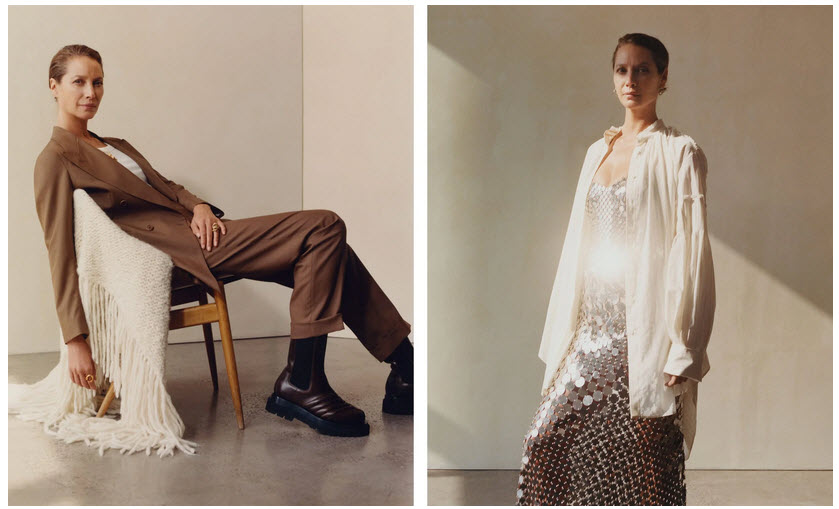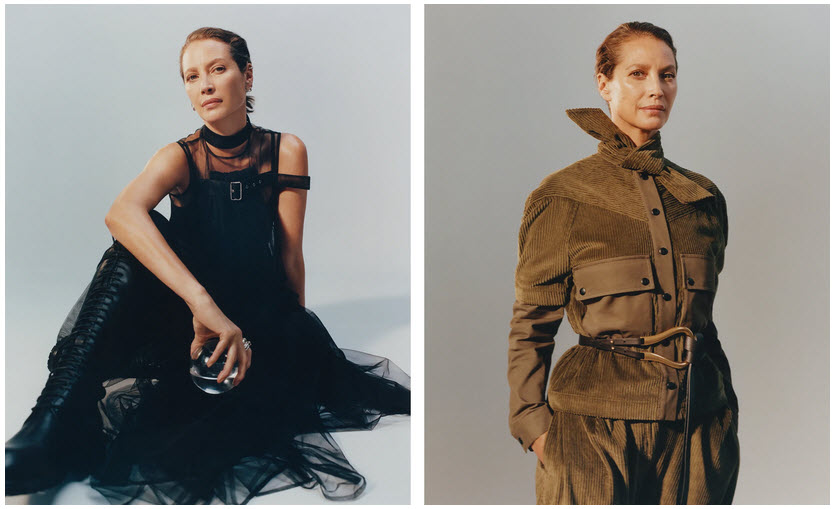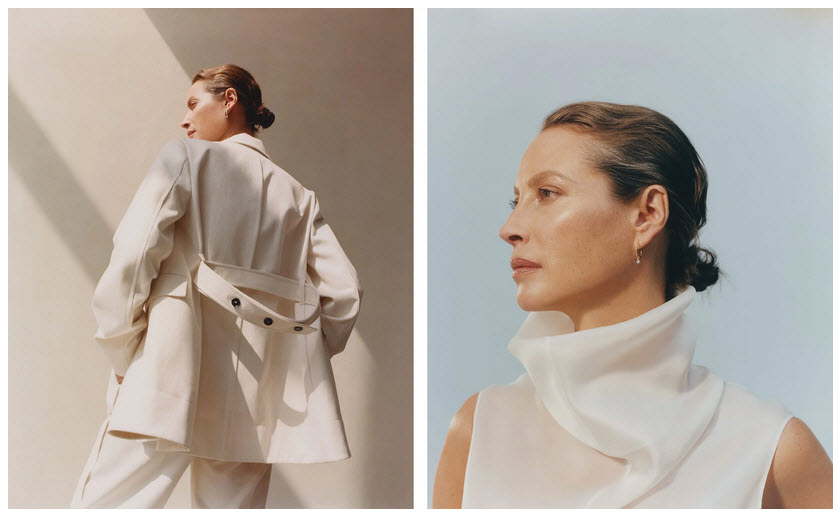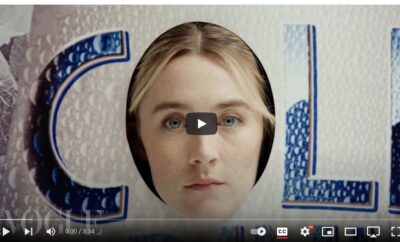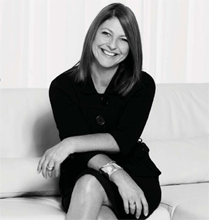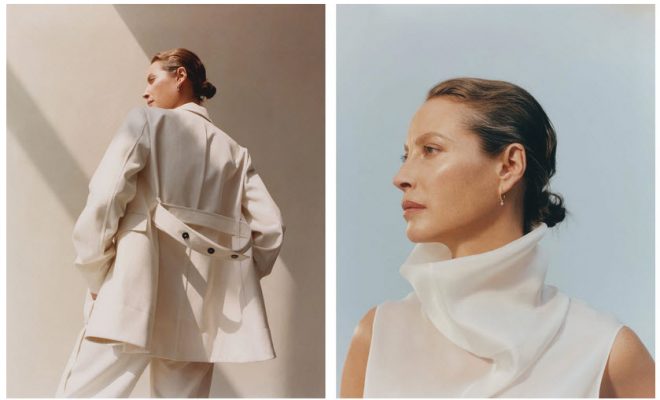
Christy Turlington Burns talks to MatchesFashion.
From her beginnings on the 1980s runways to a figurehead for maternal health, Christy Turlington Burns reflects on a life lived extraordinarily, and the importance of community, relationships and activism … Matches Fashion
‘I don’t think you have to be a tortured soul to be fashionable,’
“I guess my switch to an interest in health and policy was because my father died of lung cancer. I began to think about tobacco prevention and advocacy, and other issues around health.’
‘I wrote a book called Living Yoga describing my study in a memoir-ish way. Yoga is an incredible tool – it made me interested in my body, in health and wellness, and losing my father made me think about how to live a longer life and be mindful of the impact of my choices.’
“I was as prepared as I could be. I always imagined having a natural childbirth with a midwife, in a birth centre. And then, after a great pregnancy and a great delivery, I didn’t go into fourth stage, which was a non-issue – or so I thought. But suddenly there was a postpartum haemorrhage, something that happens to so many million women around the world.’
This harrowing experience lead to what would become a full-time obsession: the fight for all mothers to have access to good medical care. ‘I had the “aha” moment: had I lived another part of the world, I most likely would not have made it. I began to wonder, “how could I have an impact?”’
It was far from a fleeting thought. Turlington Burns got to know people working in development, enrolled in graduate school at Columbia in 2008, and began filming a documentary called No Woman, No Cry, highlighting women in Tanzania, Bangladesh, Guatemala, and the United States. ‘I wanted to convey that this is a global tragedy. The film was an opportunity to show the faces behind the statistics.’
The movie took two years to make, and when it was finished, in 2010, Turlington Burns started the non-profit organization, Every Mother Counts: ‘Our mission is to make childbirth safe everywhere.’
‘If I look back at having to navigate the fashion industry, with so many different kinds of people all over the world, figuring out how to communicate with people as a model – well, I was used to doing interviews – and I think that made me comfortable talking about issues.’
‘I’m a less-is-more kind of person. I still appreciate fashion, but my style these days is simple, clean, comfortable, minimalist. I still enjoy dressing up but these days it’s for really interesting experiences.’
